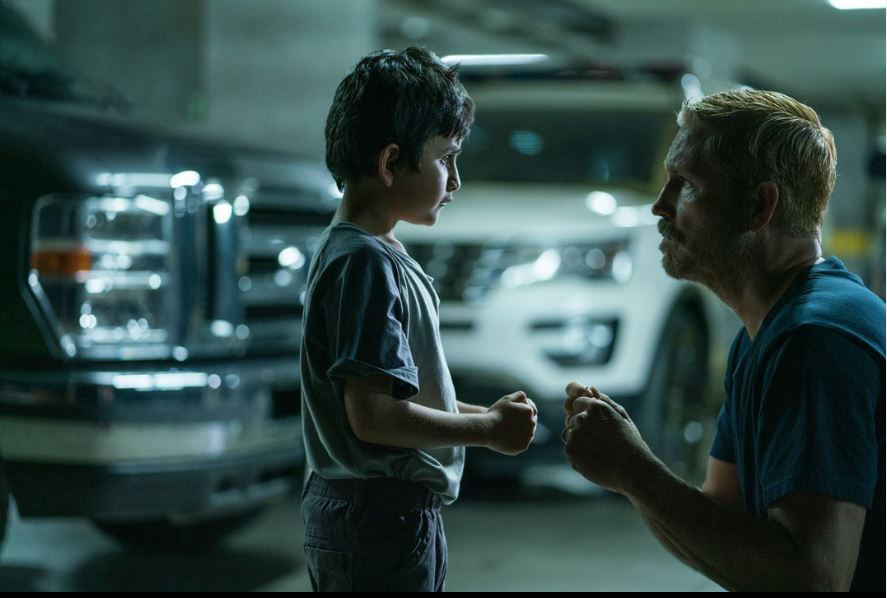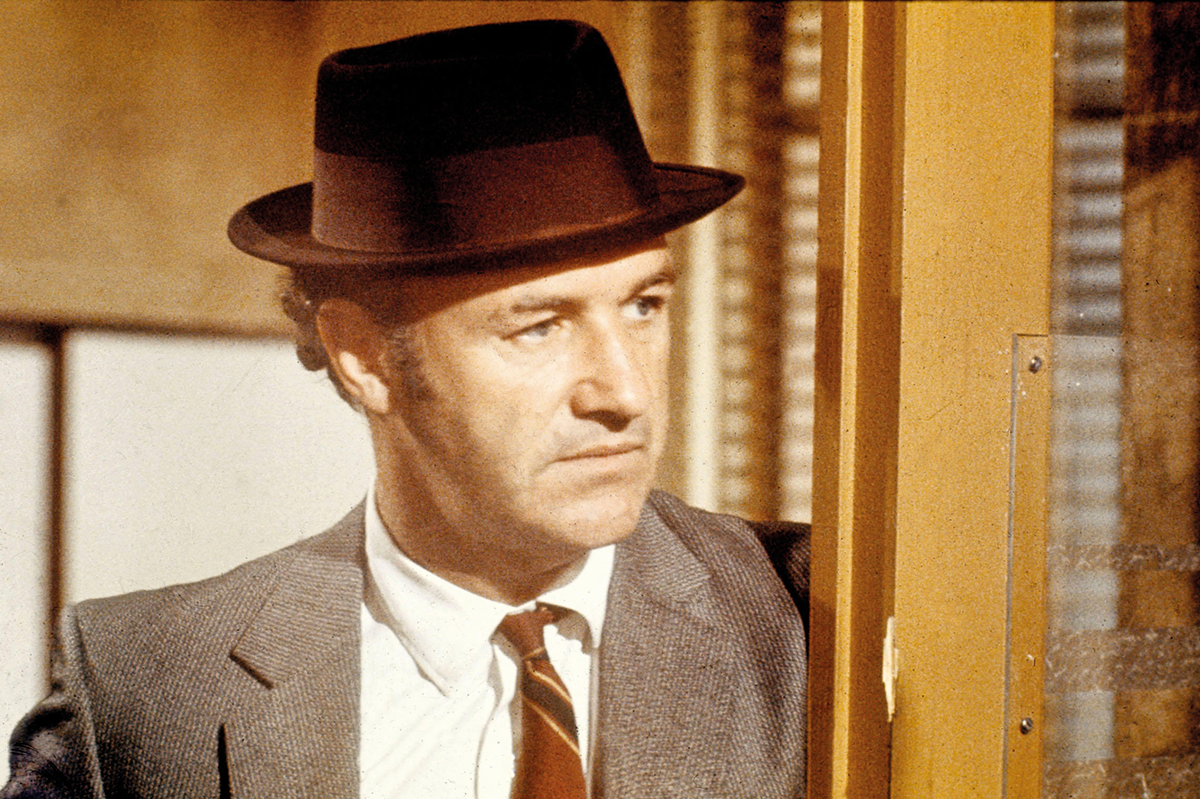At first glance, Sound of Freedom sounds as if it’s a Donald Trump re-election slogan for next year’s presidential battle. Yet, despite the presence of Jesus himself — The Passion of the Christ’s Jim Caviezel — in the lead role, Alejandro Monteverde’s new film has nothing to do with US politics. Instead, it revolves around that most hot button of controversial topics: child sex trafficking and the evils thereof.
Caviezel stars as a real-life figure, Tim Ballard, who founded something called Operation Underground Railroad to rescue children from Latin American cartels and traffickers. The film has received surprisingly excellent reviews; Variety’s critic Owen Gleiberman wrote, “You needn’t hold extreme beliefs to experience Sound of Freedom as a compelling movie that shines an authentic light on one of the crucial criminal horrors of our time, one that Hollywood has mostly shied away from.”
It is undeniably the case that faith-based pictures are having a moment right now, and if they can combine spirituality with action-based thrills — and cartoonish Latin American villains — then you have a four-quadrant hit on your hands. The film’s rare A+ rating from Cinemascore, the market research company, suggests that audiences are lapping up the presence of Caviezel, along with his co-stars Mira Sorvino and the ever-excellent character actor Bill Camp. Yet it’s also the case that, as Gleiberman suggests, Sound of Freedom has tapped into a subject that hasn’t been much discussed in elite circles for a while, but has been preoccupying the hearts and minds of virtually every parent in the United States: the dangers of child trafficking.
It isn’t as if this has been completely ignored as a cinematic topic; in 2007, Kevin Kline starred in an earnest drama, Trade, that revolved around the evils of child sex exploitation, but the film was critically panned and flopped at the box office. There was rather more success in 2008 when Liam Neeson’s first Taken film was released, which combined a healthy dose of xenophobia (Neeson’s psychotic ex-CIA operative, armed only with “a particular set of skills,” at one point shouts to a former colleague “Jean-Claude, I’ll tear down the Eiffel Tower if I have to!”) with a grippingly portrayed revenge plot, as Neeson’s frighteningly possessive and intense father wages war on the various (shadily depicted) forces who have kidnapped his daughter and her friend while they are on a coming-of-age trip to Paris.
The film’s enormous success lay in its combination of action thrills with its skillful pandering to the worst fears of its target market, middle America, which has a healthy distrust of “abroad” at the best of times, and genuinely views the chances of their children being abducted and sold off into sex slavery as growing exponentially higher every mile that they travel away from the comforts and safety of their home. One thing that Sound of Freedom and Taken share is a belief that vulnerable, impressionable children should not be allowed out of their parents’ sight, for fear of the worst happening; that Caviezel’s Tim Ballard is able to act with an impunity bestowed upon him by the Almighty cannot truly compare to Neeson’s Bryan Mills cheerfully torturing and maiming anyone who gets in his way, bent on revenge against anyone who dares to question his all-American values.
If you were generous, you’d argue that these films do serve a valuable social function, exaggerated and hysterical though they might be in their execution. As many as 325,000 children are trafficked annually in the United States, and although the vast majority of these are imported into the country illegally, rather than snatched from the security of their beds, there is no doubt that Hollywood has preferred to steer away from this issue for fear of being accused of racism or xenophobia; yet where mainstream cinema will not go, Sound of Freedom is only too happy to venture.
And, after all, there remains one big-budget film that will be coming out this year, revolving around a quirky, charismatic figure who designs a product that will be irresistible to children, who are duly lured inside his particular web of deceit and addiction. Yes, Wonka — the ur-text when it comes to child abduction — will be in theaters soon. Its no-doubt unflinching depiction of the true dangers of what children are faced with promises to be just as unmissable as any more seriously-minded picture.





















